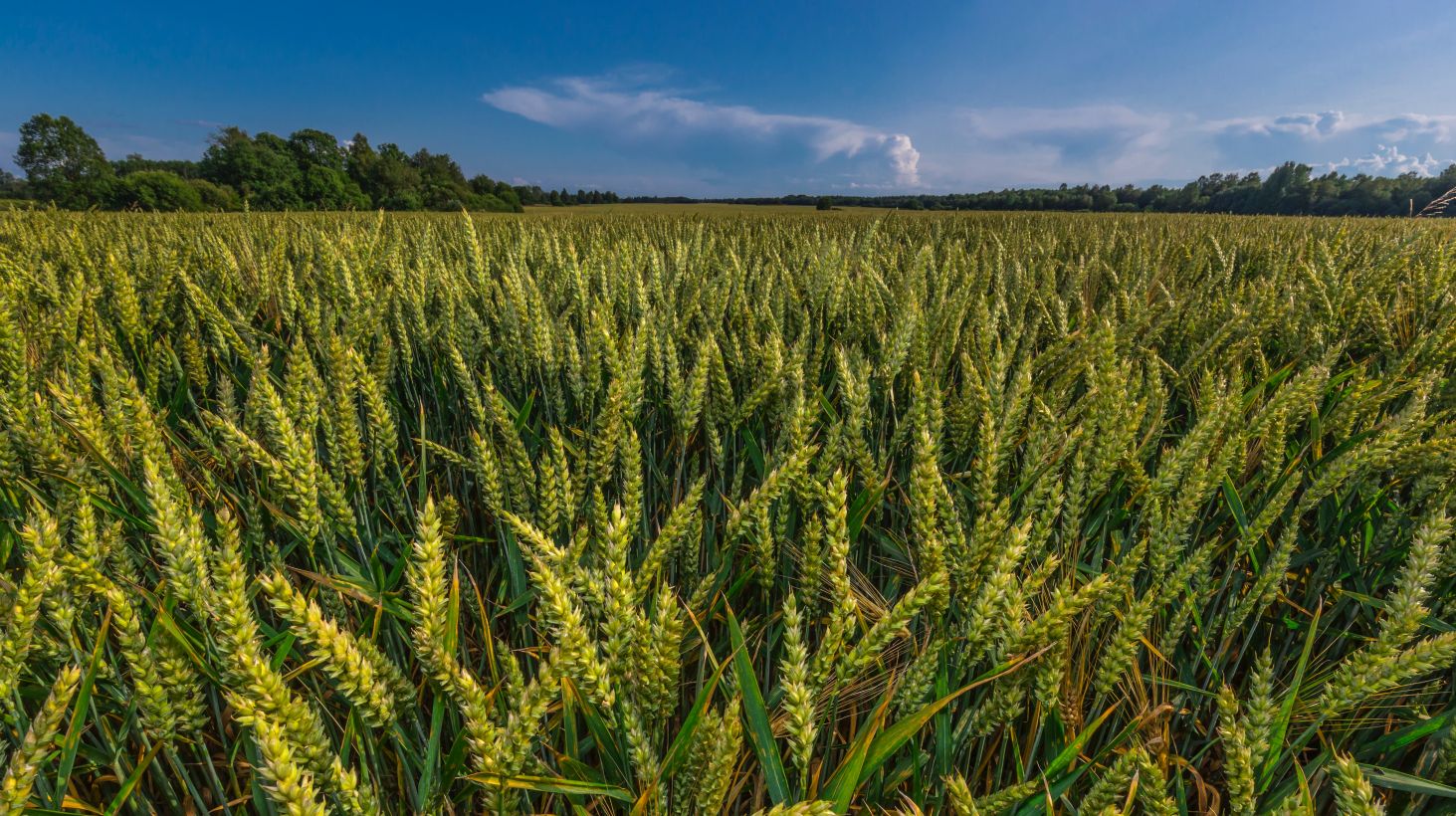A fair, healthy and sustainable flour supply chain
The milling industry equally plays a crucial role in supporting rural economies across the Europe, sourcing the raw materials it needs from local farmers, and having its plants located in rural areas.
By valorising the entire cereal to serve food and feed customers, while reducing its environmental footprint, the European flour milling industry is a pillar of the sustainable food system. Indeed, as a traditional low-margin industry, the sector was a pioneer in developing and adopting more efficient strategies for sourcing, processing and delivering.
Sustainable cereal sourcing, mostly from local farmers
The European milling sector is the largest single food user of local wheat, rye and oat in Europe. It is crucial for the long-term health and prosperity of the industry that local farming systems are sustainable and that biodiversity loss is prevented.
Resource efficiency: food losses close to zero
Resource efficiency is a cornerstone for the European milling industry, which has a long tradition of valorisation of agricultural raw materials to produce food, feed and non-food products. Food losses are therefore close to zero within our activities and have reached a technical optimum.
Supply-chain efficiencies
The European flour milling industry was a pioneer in adopting more efficient strategies for transporting raw grain and milling products. Cereals are shipped in bulk from the production areas to the mills, where they are milled and the flour is distributed to bakeries. Most flour is shipped by bulk tanker trucks (or ships when possible) that are loaded and unloaded pneumatically with air, with no packaging materials that must be disposed of or recycled. This has been a major improvement in manufacturing and transportation efficiency and this trend is expected to continue.
Energy & processing efficiencies
In this traditionally low-margin industry, sustainability is necessary for survival. The European flour milling industry has continuously improved the efficiency of the milling process. All of the agricultural raw material (wheat, rye and oat) is processed into edible products such as flour, bran that is consumed by humans or livestock. Therefore, there is no significant waste stream to be transported or for disposal.
Improving electrical efficiency in flour mills is an important goal in lowering milling costs. Power input per unit of product has steadily declined as more efficient motors and lighting fixtures are used. Staffing levels within mills have also decreased due to the adoption of more reliable equipment, electronic control systems and IT.
Reduced usage of chemical fumigants
European mills are food manufacturing facilities and therefore hygiene is a top priority. Consumers demand, and EU food law requires, the highest levels of hygiene in our mills. The European milling industry no longer uses fumigation with methyl bromide to control insects & mites and has replaced it with careful monitoring and alternative non-chemical methods to maintain food safety. This assists in meeting the twin goals of reducing agro-chemical use & maintaining the highest level of food hygiene.

